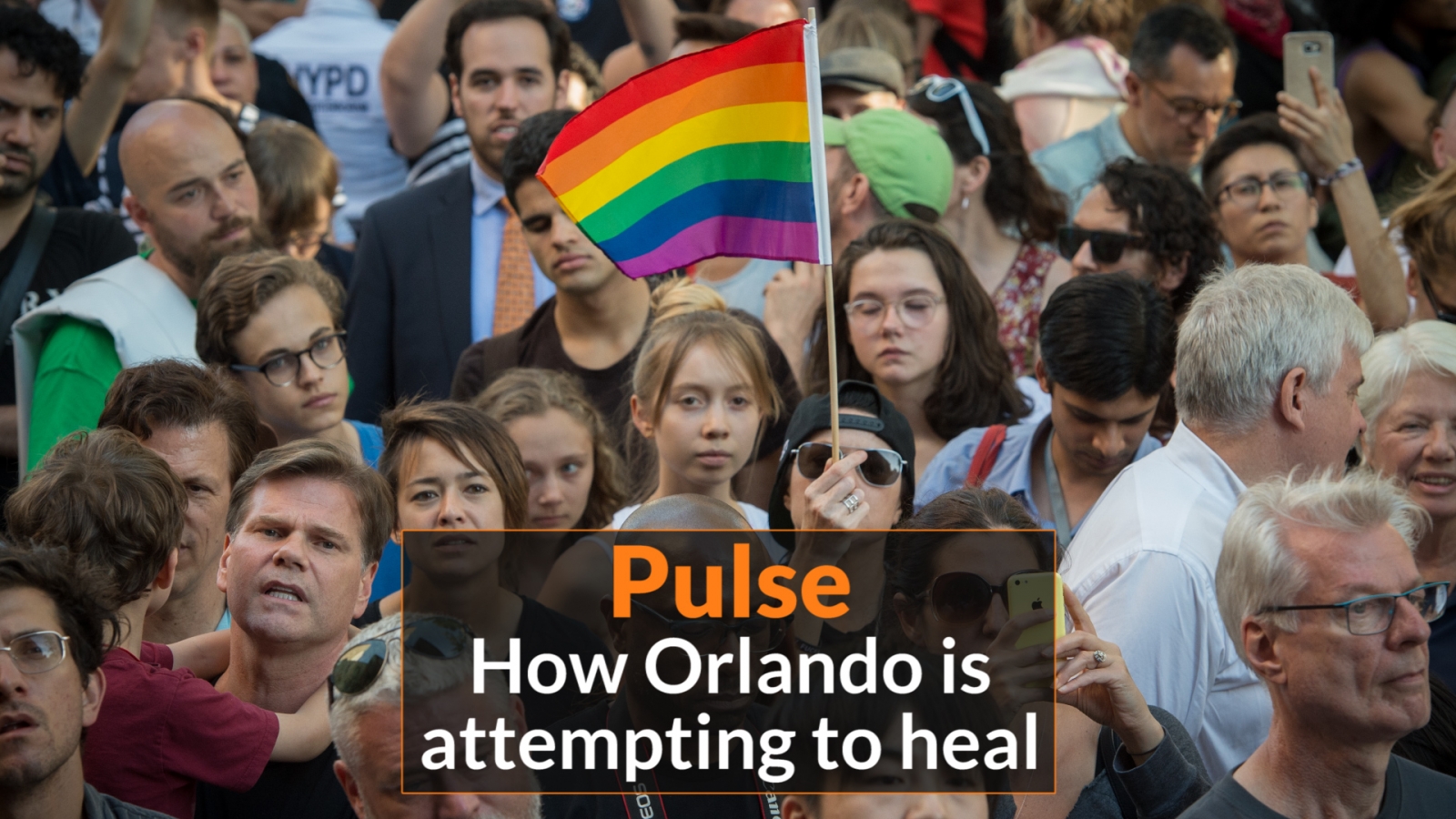Families of Orlando massacre victims sue Facebook, Twitter and Google for 'spreading IS propaganda'
Victims' families say social media sites and YouTube help to support and finance Islamic State.

Families of the victims of the Orlando nightclub massacre are suing Facebook, Twitter and Google for allegedly spreading Islamic State (Isis) propaganda.
The families of Tevin Crosby, Javier Jorge-Reyes and Juan Ramon Guerrero filed the federal civil suit on Monday (19 December) in the Eastern District of Michigan.
They say the three companies provided "material support" for IS (Daesh), adding that they "provided the terrorist group Isis with accounts they use to spread extremist propaganda, raise funds, and attract new recruits".
"Without Defendants Twitter, Facebook, and Google (YouTube), the explosive growth of Isis over the last few years into the most feared terrorist group in the world would not have been possible," the lawsuit states, reports Fox News.
Omar Mateen, a 29-year-old security guard who pledged allegiance to Islamic State, opened fire inside Pulse nightclub in June.
He killed 49 people and wounded 53 others in what was America's deadliest mass shooting, before he was killed by a SWAT team.
IS quickly claimed responsibility for the attack, but further investigation revealed Mateen was not a member of the terror group. However, they had inspired him, to an extent, through what he saw of them online.
"Mateen was radicalised by Isis using the defendants' tools for that expressed purpose," Keith Altman, the lawyer representing the three families, told Fox News.
Isis maintains an active presence on both Facebook and Twitter and also relies heavily on the Google-owned YouTube to post propaganda messages and videos of executions.
Altman added: "The defendants create unique content by matching ISIS postings with advertisements based upon information known about the viewer.
"Furthermore, the defendants finance Isis's activities by sharing advertising revenue."
The lawsuit will be centred on whether online publishers, such as the defendants, are liable for content they do not produce.
If the families of the victims are successful, it could mean a drastic change for social media as we know it.
Mark Bartholomew, a professor at the University of Buffalo School of Law, said: "It would be a big change because it would be the first crack at making these companies liable for what shows up on our feeds.
"It'll be interesting to see how big that crack is, because right now it's a door without many cracks."
© Copyright IBTimes 2025. All rights reserved.




















